Adapters can be found in almost every household today. There is nothing to be surprised about, because we need them for practically every electronic device. Their task and use are therefore quite clear. All you have to do is plug them into the mains, connect them to the device in question, and the rest will be taken care of for us. At this point, you may also have encountered a situation where the charger starts making a high-frequency whistling sound. If you have encountered something similar and would like to know the reason, definitely continue on the following lines.
It could be interest you
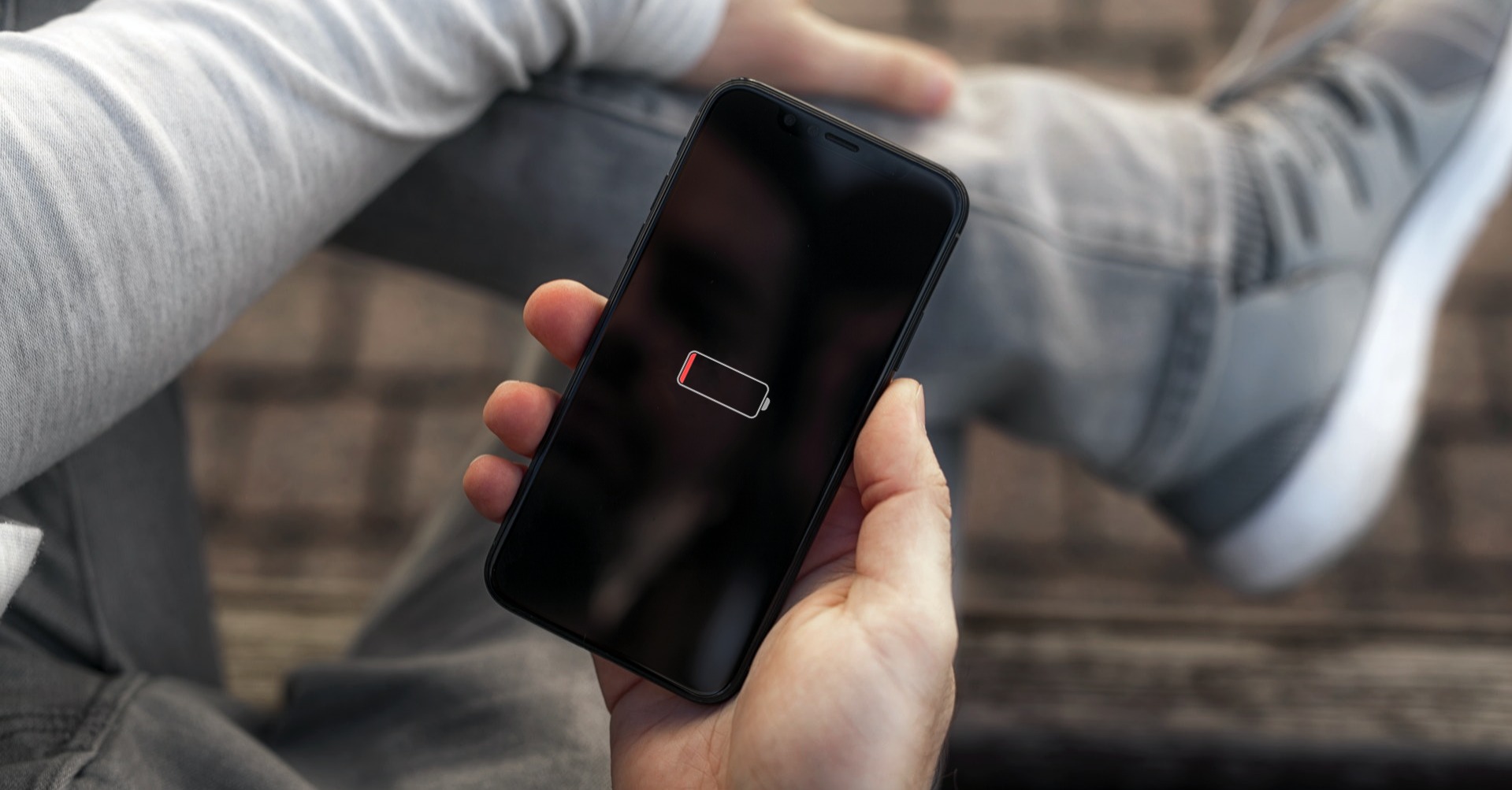
The whistling sound can often be quite annoying and it can torment you most often at night. At the same time, this problem appears only in a minimal number of cases. Most of the time, the high-frequency sound appears when the adapter is plugged in, but when you connect a phone to it, for example, the whistling stops. But it doesn't end there. As soon as the mentioned device is charged, the problem appears again. Why?
Why does the adapter beep?
In any case, we must make it clear from the beginning that the adapter should not whistle loudly at any cost. It is quite normal for chargers to emit a high-frequency sound, but we cannot hear it at any cost, as it is well outside the spectrum of audible sound. Usually something like this indicates a weak adapter, which may not be twice as safe and it is not advisable to play with it. Surely you yourself have many times recorded reports of fires caused by defective adapters. Be twice as careful the moment you encounter a problem with "original" Apple accessories. The word original is deliberately in quotation marks. It is quite possible that you only have a reliable copy, or just a defective piece. After all, how it looks in practice with the Apple MagSafe charger can be seen on 10megpipe's YouTube channel here.
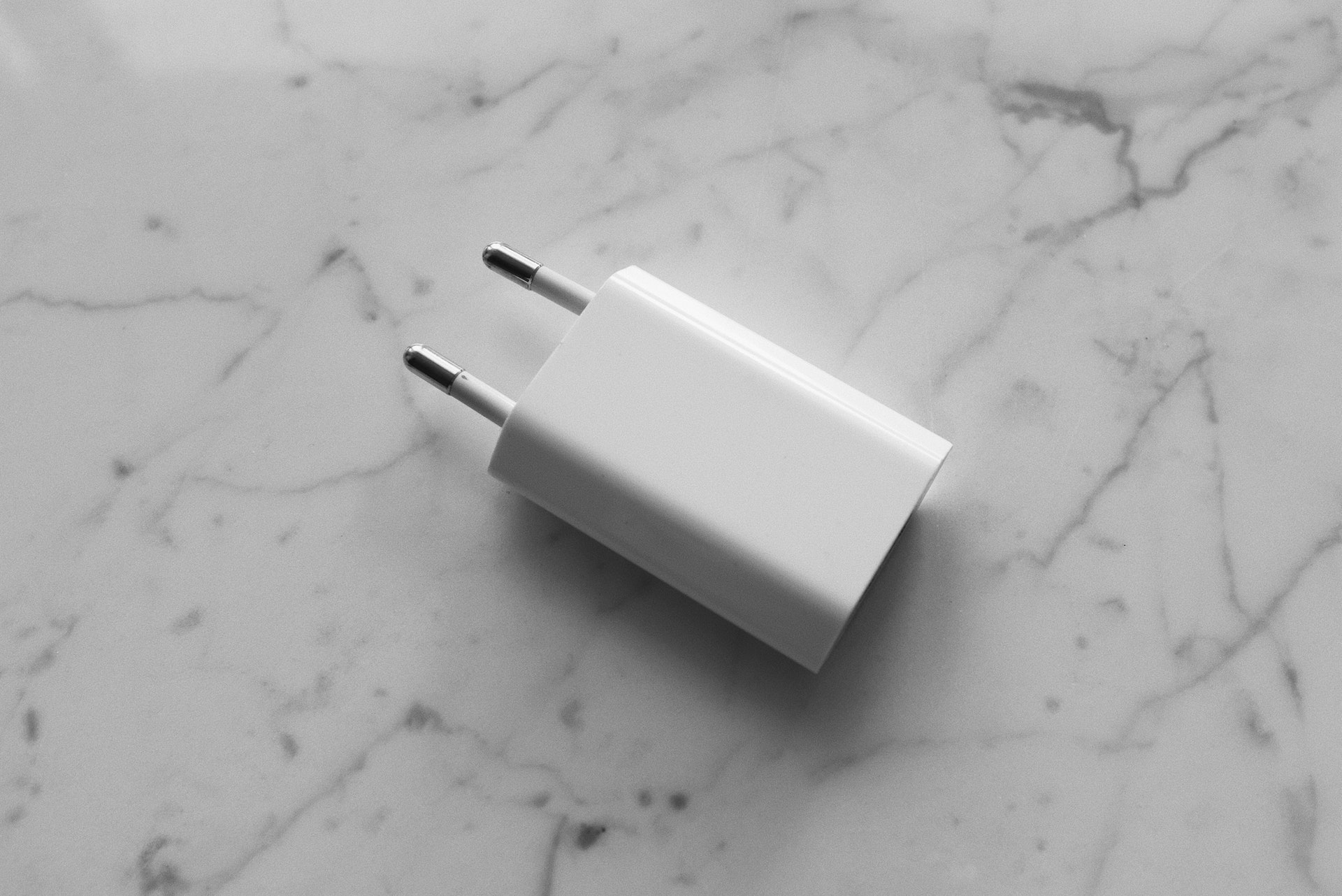
On the other hand, it may not be a problem at all. Adapters contain various coils, such as transformers and inductors, which use electromagnetism to convert alternating current into so-called low-voltage direct current. In such a case, magnetic fields can cause high-frequency vibrations, which subsequently result in the already mentioned whistling. But as already mentioned, we should not be able to hear something like that under normal circumstances. But if the given model is poorly fitted and some parts touch something they shouldn't, then there is a problem in the world. However, in cases of really annoying whistling, it will always be much safer to replace the given adapter with another one, rather than risking problems and subsequently burning out.
It could be interest you
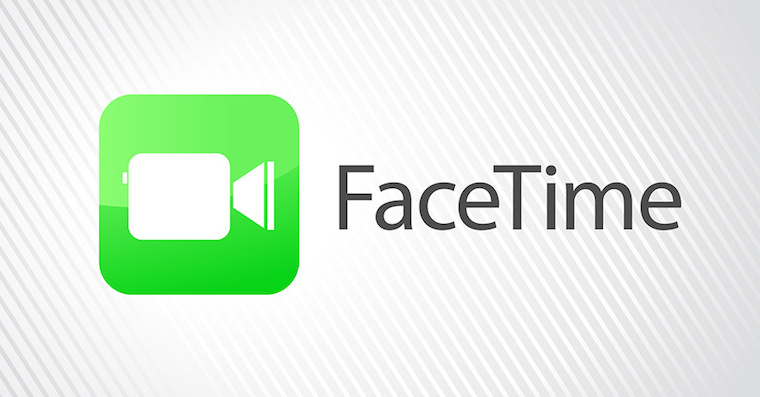
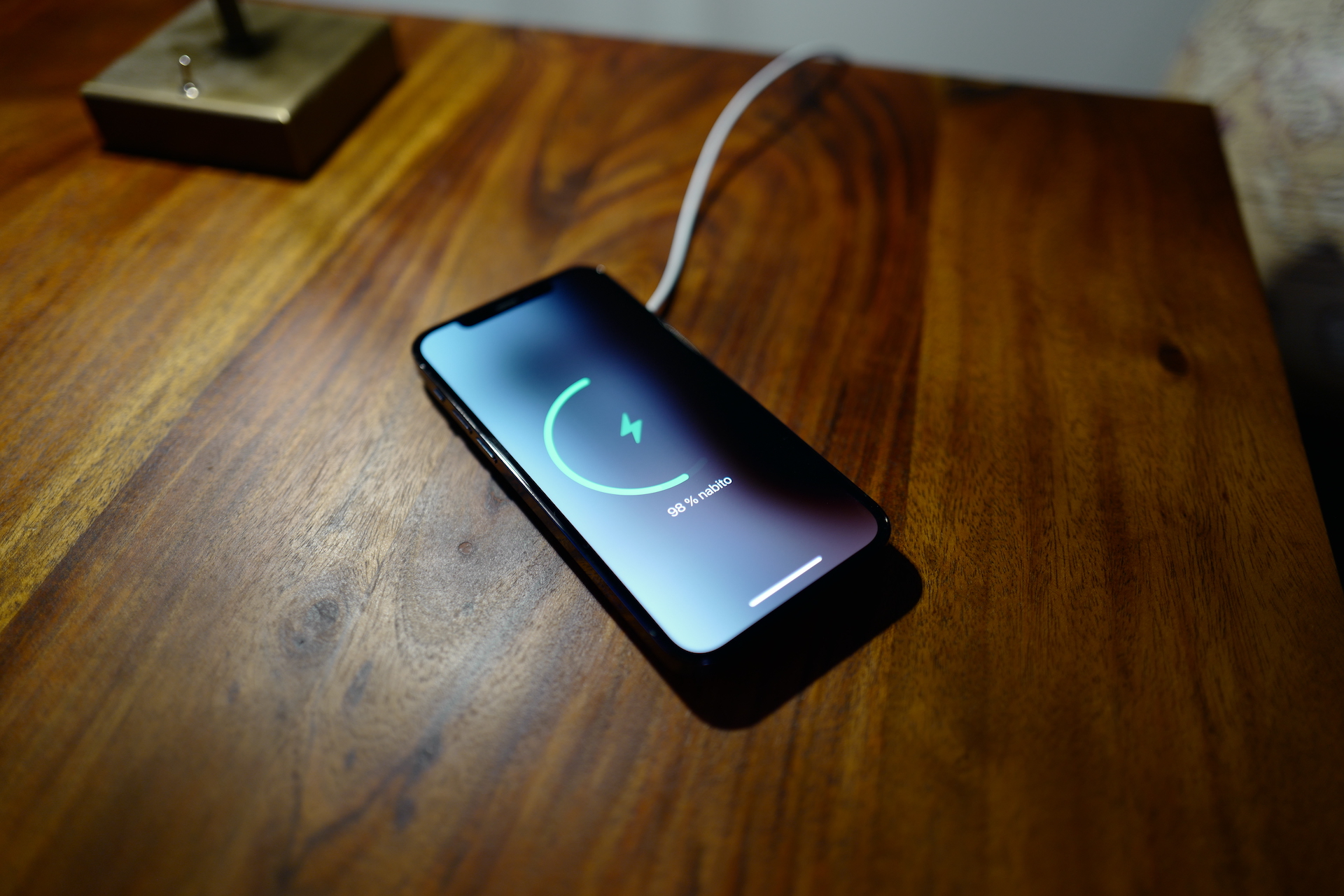
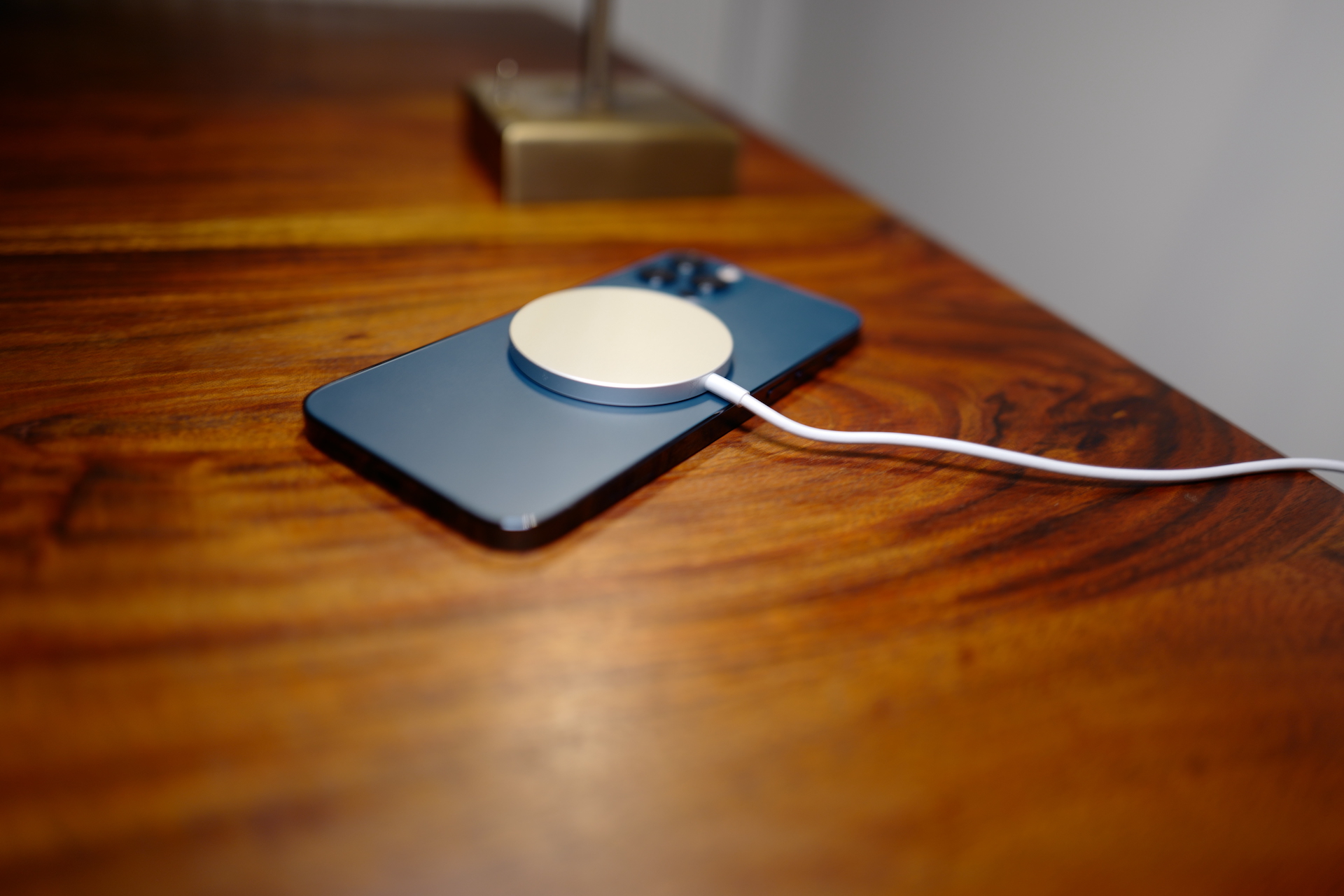
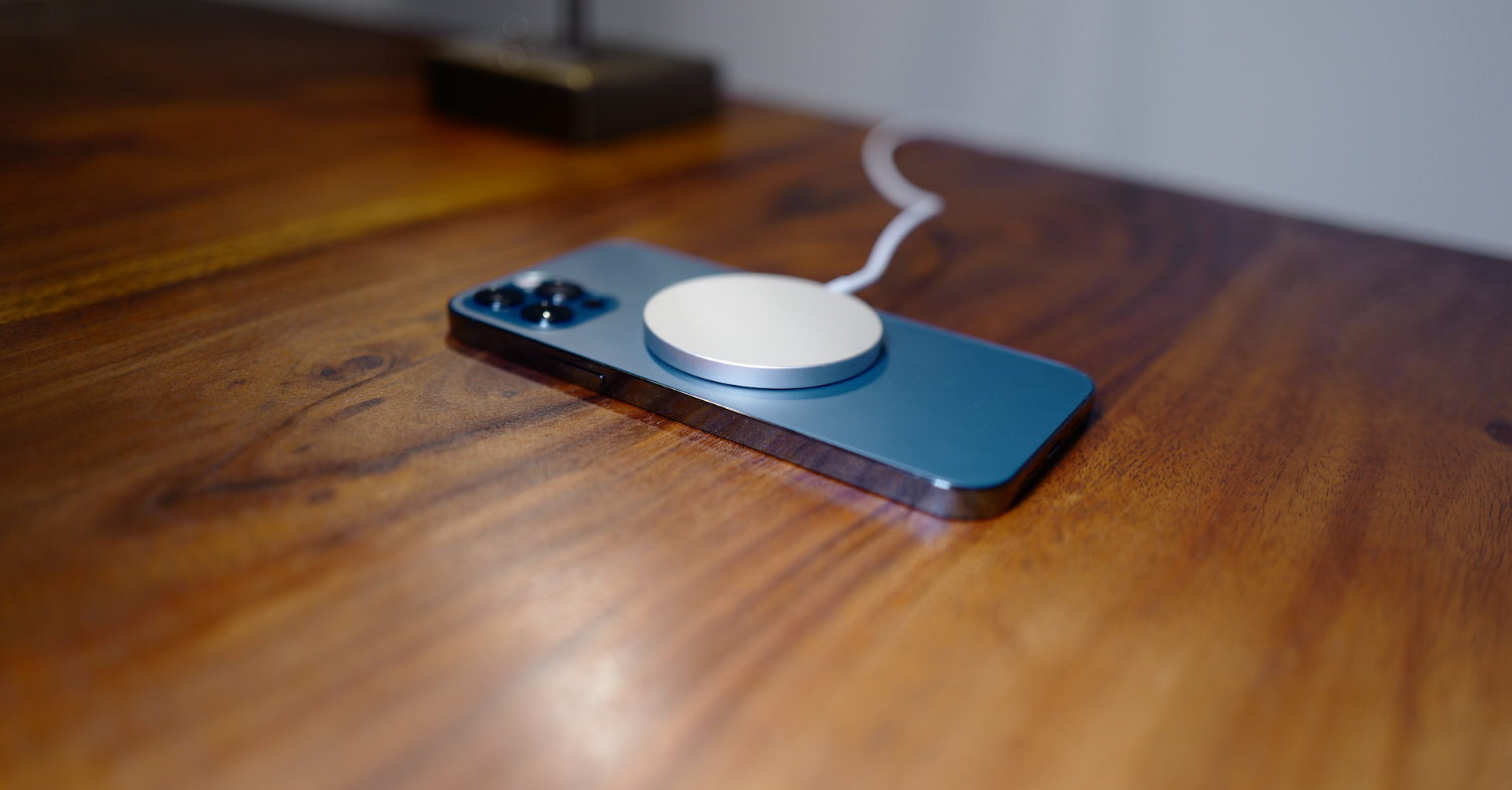
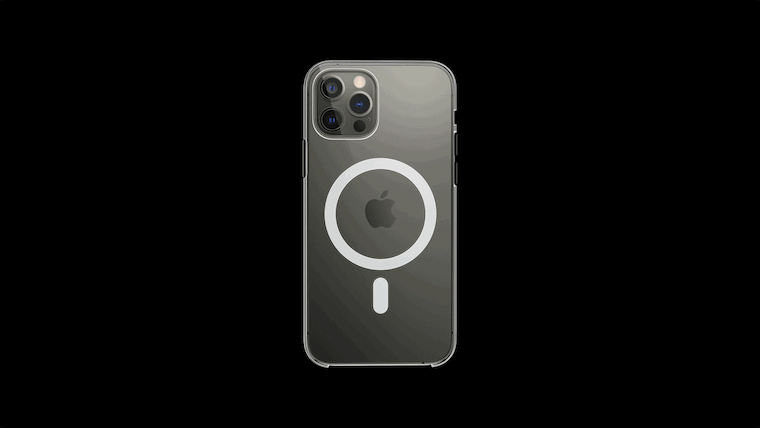
 Adam Kos
Adam Kos